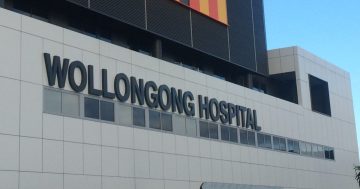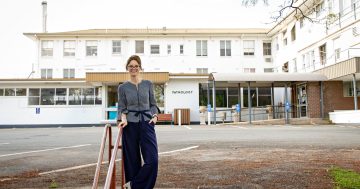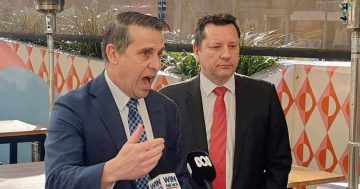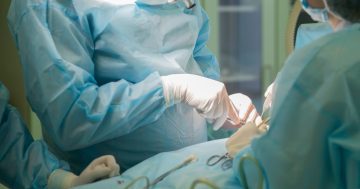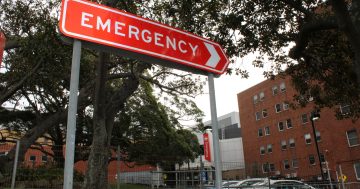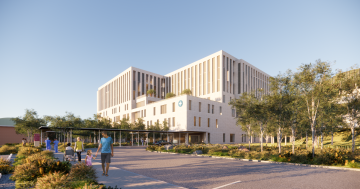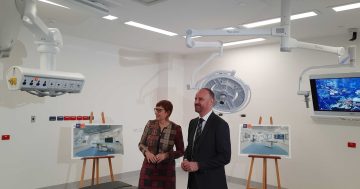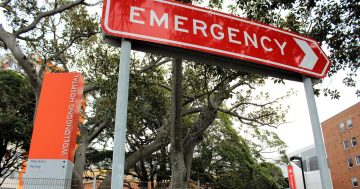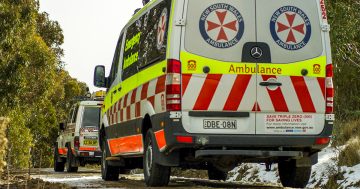
The Surgical Care Taskforce was established following Labor’s election win this year in NSW. Photo: File.
NSW’s overdue planned surgery list has been halved since the formation of the state’s Surgical Care Taskforce, according to the taskforce’s interim report.
The number of planned surgeries waiting longer than clinically recommended was slashed from 14,067 to 7010 between March, when the taskforce was established, and September this year.
Aside from measures to increase the capacity for NSW Health to undertake surgeries, the taskforce also expanded the category of some procedures eligible for same-day surgery when clinically appropriate.
The taskforce identified common, high-volume procedures typically undertaken with a one-night stay in hospital and identified surgery types that can be increasingly conducted as same-day procedures.
Taskforce Co-Chair and Western Sydney University Clinical Dean Professor Neil Merrett said these models increase convenience for patients while delivering the same or improved clinical outcomes.
“Focusing on improving same-day models of care delivers faster access to care and reduces pressure for overnight beds in public hospitals,” he said.
“These combined strategies will mean patients get access to surgery sooner using internationally recognised best practice.
“More patients will be able to safely go home sooner and be provided with appropriate support where required.”
NSW Health Minister Ryan Park thanked NSW Health staff for their “tremendous efforts” throughout the several-month-long period of high-planned surgery activity across the state.
“These results are a testament to their hard work, dedication, and determination to get access to care for our patients,” he said. “I also thank the private hospital partners who have played a very important role in achieving this outcome.”
Minister Park announced the taskforce on his first full day on the job to reduce the number of planned surgeries waiting longer than clinically recommended.
“I’m so proud of the work and progress made by the taskforce,” he said. “I see the thousands of patients in our community waiting for life-changing surgery, often in pain and discomfort.
“We have brought together some of the state’s leading clinicians to find and embrace innovative solutions, to improve the delivery of health care, and ultimately improve health outcomes for the people of this state.”
Taskforce members hail from both the public and private health sectors and include surgeons, anaesthetists and nursing and allied health clinicians from regional and metropolitan locations.
Local Health District, Specialty Health Network, Ministry of Health and NSW Health Pillar organisation executives are also represented on the taskforce.
The taskforce’s next steps will focus on reducing wait times and demand for overnight beds to ensure a sustainable surgical service in the future.


